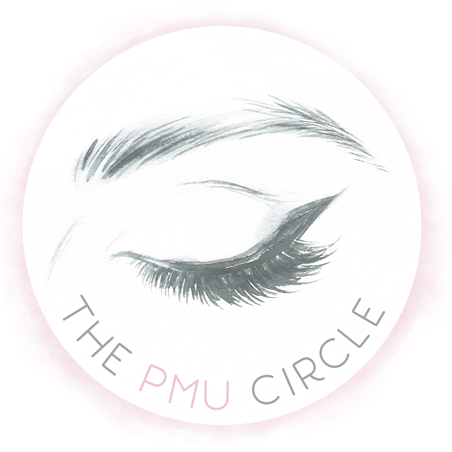PERMANENT MAKEUP - FREQUENTLY ASKED QUESTIONS
What is permanent makeup?
Permanent makeup or Semi Permanent Makeup is a form of cosmetic tattooing also known as micropigmentation. The process involves the implantation of pigments beneath the surface of your skin. This process uses pigments rather than inks meaning it will fade over time but will always remain in the skin. Top ups may be required and are advised every few years for a fresh look.
Will it hurt?
This will vary from client to client, however with the use of topical anaesthetic cream there is minimal discomfort. Some just feel a prickly or scratchy sensation.
Do I have to come to you or can I have the treatment at home?
My salon is conveniently based in Bagshot Surrey, with close proximity to Windlesham, Ascot, Bracknell, Camberley and Sunningdale. There is plenty of parking outside. My salon has been fully council inspected and for health and safety reason permanent makeup treatments can not be offered as a mobile service.
What will I look like after my treatment?
Immediately after a treatment the colour will be intense and appear darker than the final result. There may also be some swelling and redness which will settle quickly.
Do I have to have a patch test?
In short, YES, no patch test, no treatment. The patch test will tell us if you are allergic or irritated by any of the products used to perform your permanent makeup treatment. It needs to be done at least 12 hours before any treatment commences. A patch test can be posted to you to perform at home.
Why do I need a consultation?
During the consultation you will have the opportunity to discuss what you would like to achieve. With my knowledge I can help you decide what colours, shapes and styles would best suit your natural colouring, features, image and style. The consultation process also gives us the chance to identify any possible contraindications and enables you to make an informed choice.
Who is permanent make up for?
Anyone really, and age is no barrier, everyone can benefit from permanent makeup. Some may just want a subtle enhancement to their natural features, whilst others may desire a more dramatic look. It can be truly valuable to those with impaired vision, an unsteady hand or allergies to conventional makeup. Those that lead an active lifestyle and wish to look their best during activities such as swimming or going to the gym may also benefit. Many women can feel dissatisfied with their sparse eyebrows, or also others who have lost hair due to alopecia or chemotherapy. Some just want to look their best at all times or simply don’t have time to apply makeup every morning
Where on my body can I have permanent makeup
The most popular treatments are for eyebrows, whether that’s Microblading, Machine shading, powder brows, Ombre brows or machine strokes. Permanent eyeliner is probably the second sought after treatment as it’s an area a lot of people struggle with especially if they wear glasses. or hava false lashes. It can be as subtle or dramatic as you like. Lip blush is also becoming more popular as it can define the lip and give the illusion of a fuller lip.
There are also many other permanent makeup services available such as scalp micropigmentation, Areola tattoo’s, Cleff palet and scar cover up, freckles and more recently permanent blusher!
How long will it last?
Semi-permanent makeup usually lasts between 1-3 years. This can vary depending on individual skin type, exposure to UV rays, age, health and medication.
Is it safe?
Yes! The highest standards of hygiene are met and I use state-of-the-art digital technology. All pigments used are hypoallergenic and no treatment will be carried out before a patch test has been completed.
How long will it take?
Each procedure can take 1.5-2.5hrs. At the initial treatment there will be paperwork to complete. Before and after photos need to be taken and time will need to be spent discussing and perfecting design and colour, due to each treatment being bespoke.
Risks or complications?
There should be minimal risks of complications if clients follow the aftercare instructions which will be issued prior to the procedure being carried out.
Who is not suitable?
Anyone who does not meet the minimum age requirement of 18 years. Anyone with a serious medical condition may require a doctor’s letter. Pregnant or nursing clients are also unsuitable for treatments.

